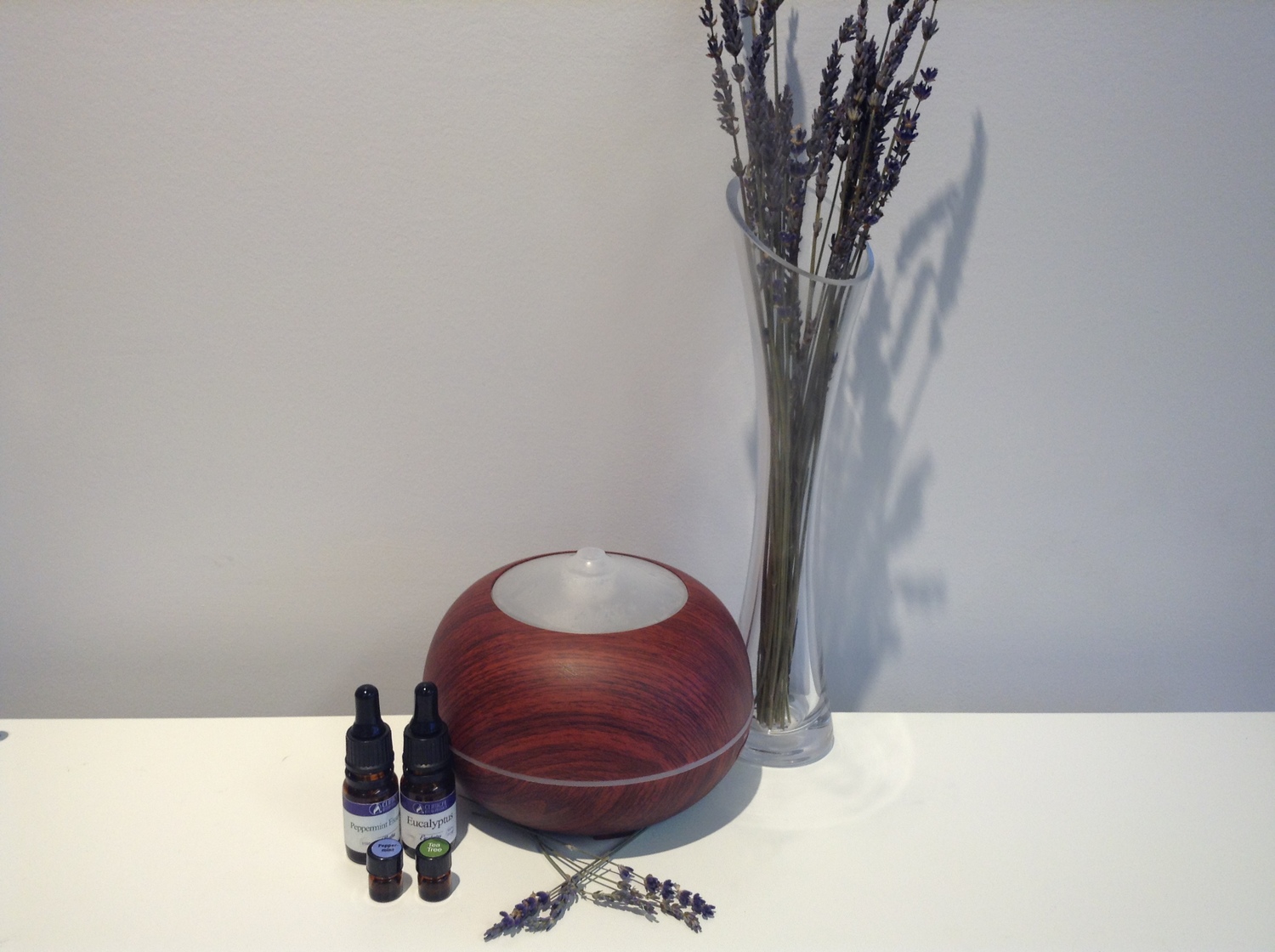By: Nicole Korodetz, MScA, RD.
There are two types of people in this world- those that eat to live and those that live to eat. The former do so because they physically have to in order to survive. The latter find immense pleasure in eating and enjoy a wide variety of foods. I am definitely one of those people who live to eat. My favourite activities include trying new restaurants, exploring cultural foods, looking up recipes, going to food markets, and I'm always thinking about my next meal. This is one of the reasons why I went into dietetics, a profession that focuses primarily on food. As a dietitian, I come across both types of people in practice. There can be health issues associated with both scenarios, ranging from disordered eating habits to nutrient deficiencies to poorly controlled health conditions. Those that live to eat tend to have a more positive relationship with food- they view food as something that is both nourishing and essential, but also appreciate the satisfaction that the whole eating experience brings.
Having a positive relationship food is necessary for optimal physical and mental health. Yet many people today do not have this type of relationship. Why? For numerous reasons, a major one being diet culture and food trends. The multi-billion dollar diet industry thrives on making people restrict their food intake, while adding in a few shakes or pills, in order to reach an unrealistic standard of beauty that we are taught can only be defined by the scale (*angry face emoji*). Everyday, there is new conflicting information regarding the best foods to eat, when to eat them, how to prepare them, what to eat them with, and what you absolutely must avoid. And everyone has a different opinion. As someone whose job it is to keep up with all of these trends, I even find it extremely overwhelming, confusing, and out-right frustrating, since most of it is a load of CRAP! This information is rarely backed by well-designed research studies, but rather funded by powerful industry members and endorsed by influential celebrities.
While there are multiple issues with diets, one being that they rarely work long-term (but that’s for another rant), I want to focus on the fear of food that diet culture creates, drastically harming our relationship with food. Of course there are foods that aren’t the most nutritious and can be harmful to our health when eaten frequently, but there are no foods that should be labeled as SCARY. This is especially true for generic foods that have been enjoyed for years and years and are only getting attention today because it is “trendy†to avoid (or fear) them (e.g. grains, dariy, legumes). Yes, those with celiac disease have good reason to “fear†gluten since they know the severe symptoms and health implications that eating it will cause. Same goes for those anaphylactic to peanuts. But for the average person with no diagnosed medical condition or allergy, what do you think eating gluten, dairy, GMOs, non-organic, carbs, refined sugar, soy, etc are going to do to you in that moment of consumption? Do you even know what all of those words mean and what they do in the body, or do you just avoid them because it’s the popular consensus (Exhibit A)? My educated opinion is that you’ll be way worse off not eating any fruits or vegetables because they may be genetically modified, the long term effect of which is still unknown. Most people do have certain trigger foods that may cause various symptoms, but it is important to determine these foods for yourself, with the help of a health professional, and not just blame your stomach aches, acne, or bloating on gluten because it is a well-known problematic food. Perhaps it is the fear of food and related anxiety that is contributing to how you feel, more so than the food itself.
Think of the relationships you have with humans. In a loving relationship, there is trust, a sense of safety, joy, excitement- all positive feelings. If you don’t trust someone or fear them, you don’t want to be around them. The same goes for food. Having a positive relationship with food means feeling the joy and satisfaction that food is meant to bring you, trusting that your body will tell you when you’ve had enough, mindfully giving in to cravings without guilt, and not fearing that your food is going to make you fat or cause cancer. Food is always going to be a part of your life so you have to get along with it. With someone you don’t like, you can hopefully never see them again.
So how do we learn to develop or regain a positive relationship with food? It is not something that will happen quickly or be the same process for everyone. A tailored approach from a dietitian and counsellor is the most effective method. But for now, here are a few tips:
Ditch the diet mentality! I’m sure you or someone you know have been on some sort of diet that worked temporarily, but all weight, plus more, was eventually gained back. There will always be a new diet or miracle program being advertised that promises to be different from the last one you tried, offering false hope that it will actually work long term. Sorry to tell you that this is not the case! Instead, focus on eating well-balanced meals and snacks using fresh ingredients, cook as much as possible, enjoy many plant-based foods, and limit heavily processed/packaged items. Consider added sugar, salt, saturated fat, and alcohol as "sometimes foods." It's about proper nourishment, not restriction. Restricting calorie intake below your needs, or depriving yourself of your favourite foods, can actually promote weight gain.
Honour your hunger and fullness cues. With our busy schedules and hectic lives, we have lost touch with our internal cues of hunger and fullness. By not paying attention or feeling these cues, we can so quickly go from feeling ravenous (reaching for anything in sight) to overly-stuffed (food coma). Throughout the day, take a moment to think “it’s been a few hours since my last meal, am I feeling hungry?†Don't ignore your hunger just because you know the next meal is in a few hours. Eating slowly and mindfully will allow you to feel when you are getting full (about 7/10 on the hunger-fullness scale). Honouring these cues can help us make better food choices, control portions, and adequately nourish our body.
Don’t let food define you. You are not a good person for eating a salad, or a bad person for ordering dessert. All foods fit in a healthy, balanced lifestyle. Your self-worth is more defined by your personality, accomplishments, relationships, values, how you treat others, etc., not by your food choices. Diet culture may tell us that our self-worth is determined by how we look in comparison to one standard of external beauty. We need to say a big F U to them and not give in! Give yourself unconditional permission to enjoy the foods that you love (in a mindful, guilt-free manner) without feeling like your self-worth is compromised in the act.
Eat mindfully. How many of you scarf down your breakfast as you’re running out the door, sit at your work desk while eating lunch, or eat in front of the TV during dinner? Do you really taste your food and note the satisfaction that it brings you in these distracting environments? Are you able to note when you’re starting to get full? Mindless eating often leads to an unenjoyable experience, overeating, or feelings of intense cravings later on. Take even 10 minutes to slowly eat your meal, mindfully, distraction-free- I promise you’ll notice a difference!
Be adventurous! Get creative in the kitchen, try a new restaurant, or have a co-worker make you a cultural dish. You don’t always have to follow a recipe- just wing it! The more you expand your food choices and are exposed to new flavours, the more enjoyable food can become. The WORST that can happen from trying a new food is that you temporarily have a bad taste in your mouth. With any aspect in life, the only way to grow is to get out of your comfort zone, and the same philosophy can be applied to food.
These tips just scratch the surface of building or re-building a positive relationship with food. The underlying issues may be deep and multi-factorial and will take time to overcome. No matter what my patients are coming to see me for, the goal is to always have them view food as nourishing and enjoyable, not something to fear. I am always here to help you improve your relationship with food and provide support every step of the way.
If this article resonated with you, consider booking a complimentary 15 minute consult with me!




.JPG)
